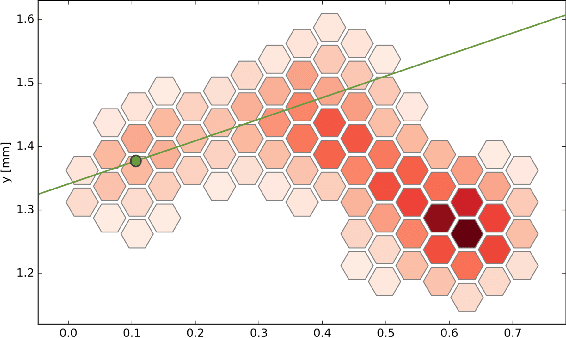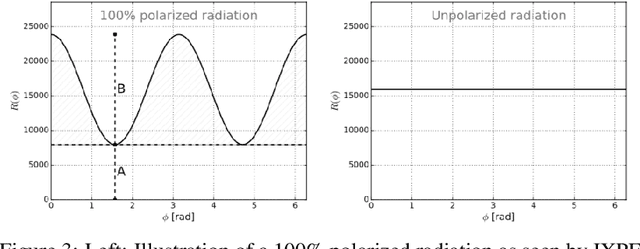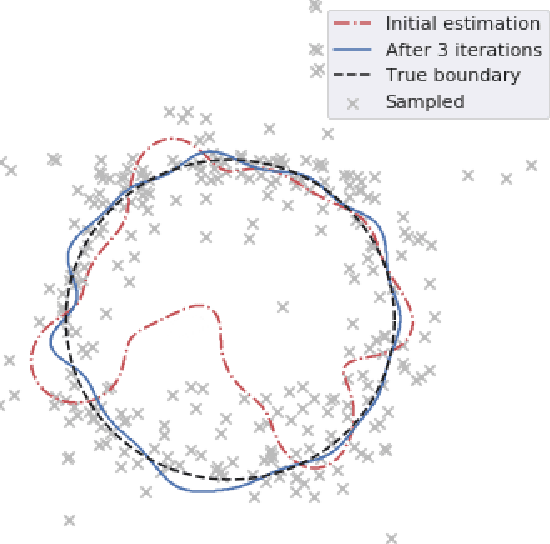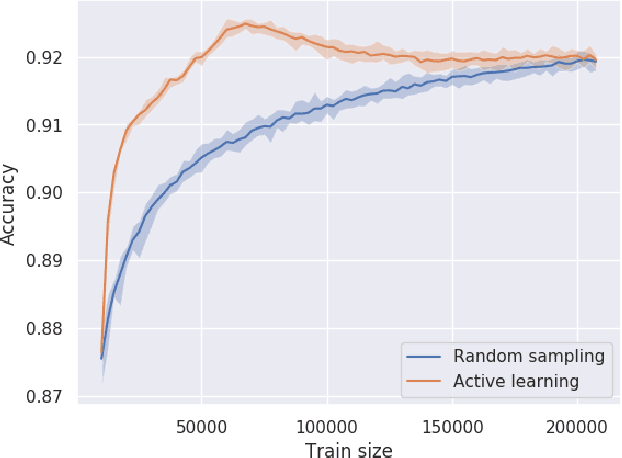Sydney Otten
Large Physics Models: Towards a collaborative approach with Large Language Models and Foundation Models
Jan 09, 2025

Abstract:This paper explores ideas and provides a potential roadmap for the development and evaluation of physics-specific large-scale AI models, which we call Large Physics Models (LPMs). These models, based on foundation models such as Large Language Models (LLMs) - trained on broad data - are tailored to address the demands of physics research. LPMs can function independently or as part of an integrated framework. This framework can incorporate specialized tools, including symbolic reasoning modules for mathematical manipulations, frameworks to analyse specific experimental and simulated data, and mechanisms for synthesizing theories and scientific literature. We begin by examining whether the physics community should actively develop and refine dedicated models, rather than relying solely on commercial LLMs. We then outline how LPMs can be realized through interdisciplinary collaboration among experts in physics, computer science, and philosophy of science. To integrate these models effectively, we identify three key pillars: Development, Evaluation, and Philosophical Reflection. Development focuses on constructing models capable of processing physics texts, mathematical formulations, and diverse physical data. Evaluation assesses accuracy and reliability by testing and benchmarking. Finally, Philosophical Reflection encompasses the analysis of broader implications of LLMs in physics, including their potential to generate new scientific understanding and what novel collaboration dynamics might arise in research. Inspired by the organizational structure of experimental collaborations in particle physics, we propose a similarly interdisciplinary and collaborative approach to building and refining Large Physics Models. This roadmap provides specific objectives, defines pathways to achieve them, and identifies challenges that must be addressed to realise physics-specific large scale AI models.
Inferring astrophysical X-ray polarization with deep learning
May 16, 2020



Abstract:We investigate the use of deep learning in the context of X-ray polarization detection from astrophysical sources as will be observed by the Imaging X-ray Polarimetry Explorer (IXPE), a future NASA selected space-based mission expected to be operative in 2021. In particular, we propose two models that can be used to estimate the impact point as well as the polarization direction of the incoming radiation. The results obtained show that data-driven approaches depict a promising alternative to the existing analytical approaches. We also discuss problems and challenges to be addressed in the near future.
Constraining the Parameters of High-Dimensional Models with Active Learning
May 19, 2019



Abstract:Constraining the parameters of physical models with $>5-10$ parameters is a widespread problem in fields like particle physics and astronomy. In this paper we show that this problem can be alleviated by the use of active learning. We illustrate this with examples from high energy physics, a field where computationally expensive simulations and large parameter spaces are common. We show that the active learning techniques query-by-committee and query-by-dropout-committee allow for the identification of model points in interesting regions of high-dimensional parameter spaces (e.g. around decision boundaries). This makes it possible to constrain model parameters more efficiently than is currently done with the most common sampling algorithms. Code implementing active learning can be found on GitHub.
 Add to Chrome
Add to Chrome Add to Firefox
Add to Firefox Add to Edge
Add to Edge